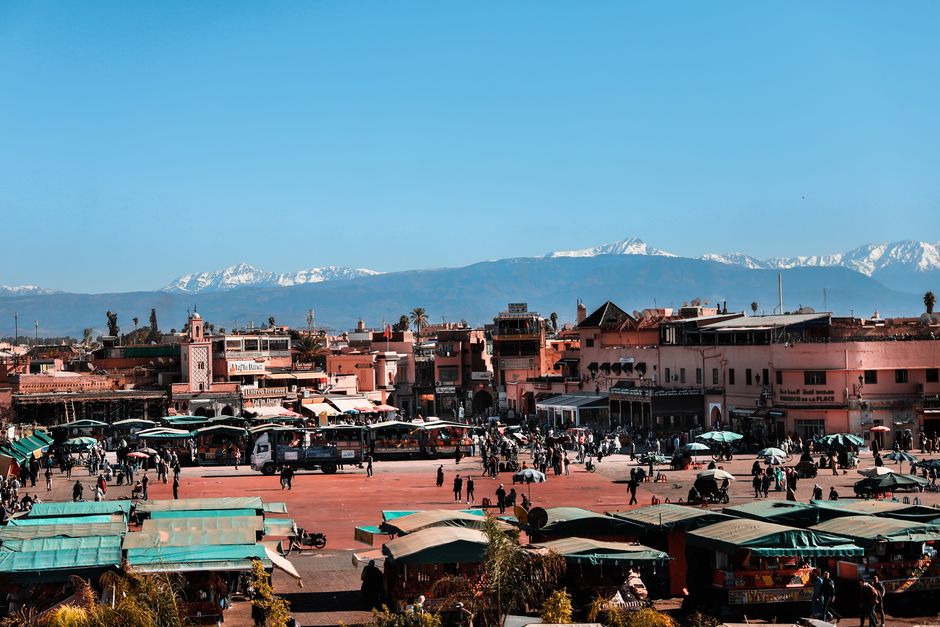“We will still have to fight for our demands as Christians”
The President of the Moroccan Christian Union explains why, although the change of government has raised expectations, many Christians remain cautious.
Protestante Digital · RABAT · 12 OCTOBER 2021 · 14:55 CET

The electoral downfall of the Islamist Justice and Development party in Morocco has been a surprise to many.
The moderate Islamist party came to power in 2011, as one of the changes spurred by the Arab Spring, but ten years later it has lost most of its political and social influence in the Moroccan kingdom.
The change in the government has raised expectations among different sectors of society, including religious minorities. However, caution remains the rule when analysing these developments.
Morocco is ranked 27th on Open Doors' 2021 World Watch List. In 2018, it was not even included. The country's highest authority, King Mohammed VI, holds the title of 'commander of the faithful' in a society where 99.6% of the population declares itself Muslim, according to the Joshua Project.
Years of systematised hostility
Although Pope Francis visited Rabat in 2019 to congratulate the monarchy on its handling of religious diversity and migration, the last decade has been particularly repressive for religious minorities.
This impact on fundamental rights and freedoms has also had repercussions on an increasingly large sector of the population that declares itself atheist (15% according to the BBC and Arab Barometer).
Regarding migration management, the episode in Ceuta last May has led to Morocco being accused of using part of its population to put pressure on the EU.
“We will still have to fight for our demands as Christians”
The Spanish news website Protestante Digital spoke to Adam Rabati, President of the Moroccan Christian Union, about the situation of religious minorities in Morocco after the last elections.
Question. What is the situation after the elections?
Answer. After the fall of the Justice and Development party, the situation is good now. All Moroccan Christians have participated in these elections for a change.
Christians have played a key role in the downfall of the Islamists by openly supporting liberal parties.
Morocco is witnessing a major transformation, at the same time as human rights associations and activists are calling for a modern democratic programme. This is the reason for the change in the formation of a liberal democratic government.
Q. How does it affect religious minorities that Islamists are no longer at the head of the government?
A. There has been a significant decline in the field of human rights under the Islamist party, which has been the cause of the suffering of religious minorities and the suppression of individual freedom.
Under the new government we will still have to fight for our demands as Christians in our country.
Q. The pandemic must also has been hard for the church in Morocco.
A. In general, evangelical churches have interacted with the prevention programmes issued by the Ministry of Health. All meetings were suspended to avoid creating new epidemic outbreaks. The meetings were hold mainly via social media.
Q. How can Christians pray for Morocco?
A. Pray for the Lord Jesus to touch the hearts of our families, and we also ask the churches to pray for the arrangement of the Moroccan church house , so that we may be the cause of the salvation of souls.
Published in: Evangelical Focus - world - “We will still have to fight for our demands as Christians”
